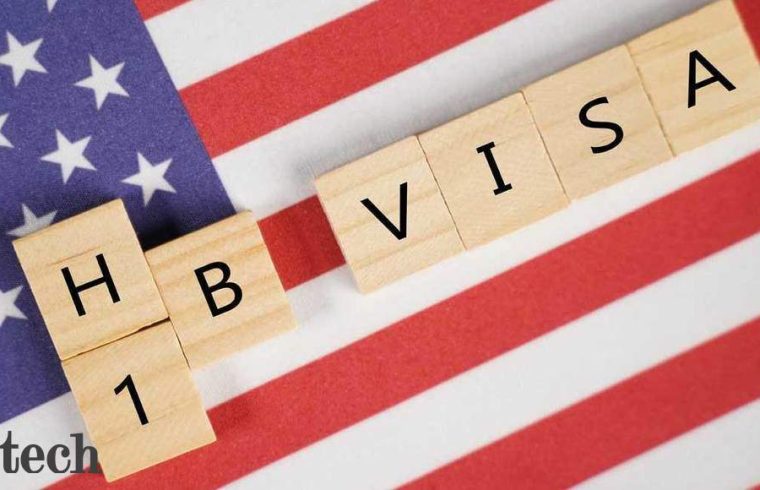
Pune: Following an adverse court verdict, United States Citizenship and Immigration Services (USCIS) has rescinded another Trump era memo that had said computer programmers did not qualify as a H-1B speciality occupation.
On 16 December, the US Court of Appeals overturned the USCIS’ denial of an H-1B visa petition as arbitrary and capricious in the Innova Solutions Inc. v Baran case. Last week, the USCIS rescinded the memo and said it should not be applied to any new or pending visa requests.
Many H-1B visa petitions of Indian citizens are filed for computer programmer roles. In FY20, this was among the top 10 occupational roles for which an H-1B/H-1B1/E3 petition had been filed.
Innova Solutions had filed an H-1B petition for an Indian citizen with a bachelor’s degree as a computer programmer, establishing that a “baccalaureate or higher degree or its equivalent is normally the minimum requirement for entry into the particular position.â€
The USCIS rejected the petition on the grounds that the US Department of Labor’s Occupational Outlook Handbook does not state that at least a bachelor’s degree or its equivalent in a specific specialty is normally the minimum required, which the panel said was a misrepresentation.
The USCIS also said it would start registrations for FY22 H-1B visa lottery on 9 March and this will remain open till 25 March.
Every year, the US issues 85,000 new H-1B visas, including 20,000 reserved for applicants holding a Masters’ degree. Last year, the agency received 275,000 petitions for these 85,000 visas. Indians receive about 70% of the new visas issued, with a large share going to American technology firms like Apple, Amazon, Google, Microsoft and Facebook. The share of Indian IT services companies has been gradually reducing, and they receive about 6% of the new visas issued each year.
On Thursday, US President Joe Biden’s administration said it was delaying the implementation of another Trump era rule that called for issuing H-1B visas based on wage levels. Immigration trackers had said that this would have had a detrimental impact on the visa programme as well as for students and smaller companies. The rule, which was to be implemented in March, has now been delayed to 31 December and will open for public comments for a 30-day period starting Monday.







